Talk Overview
Dr. Susanne Heck begins her talk by explaining why we might choose to use mass cytometry rather than other types of flow cytometry. Traditional flow cytometry is typically limited to the detection of about a dozen parameters in one sample due to overlap between the emission spectra of fluorochromes used to label antibodies. Mass cytometry, on the other hand, allows for the detection of up to 50 parameters in one sample because antibodies are labelled with metal isotopes and separated based on their mass. Heck goes on to explain which metal isotopes are typically used for mass cytometry and why, and she describes how a mass cytometer functions. She finishes by running through an example of using mass cytometry to perform functional phenotyping on human bone marrow cells.
Speaker Bio
Susanne Heck
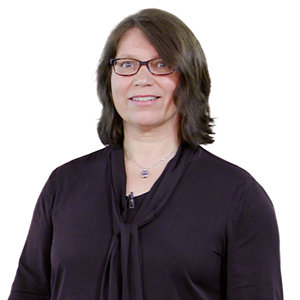
Dr. Susanne Heck received her PhD in molecular biology from the University of Bremen, Germany, in 1997. After a postdoc in molecular and cellular biology at Albert Einstein College in New York, Heck joined Cellular Genomics Inc., USA, to work on preclinical models for small molecule kinase inhibitors. In 2004, she moved to the Lindsey… Continue Reading
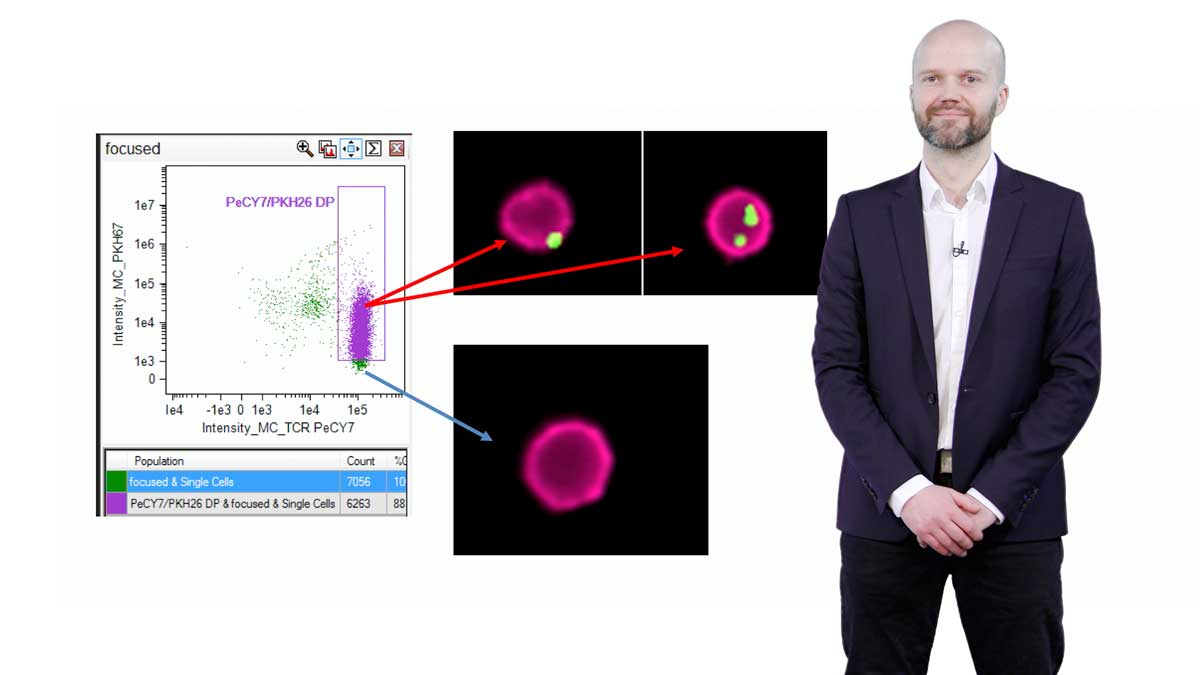
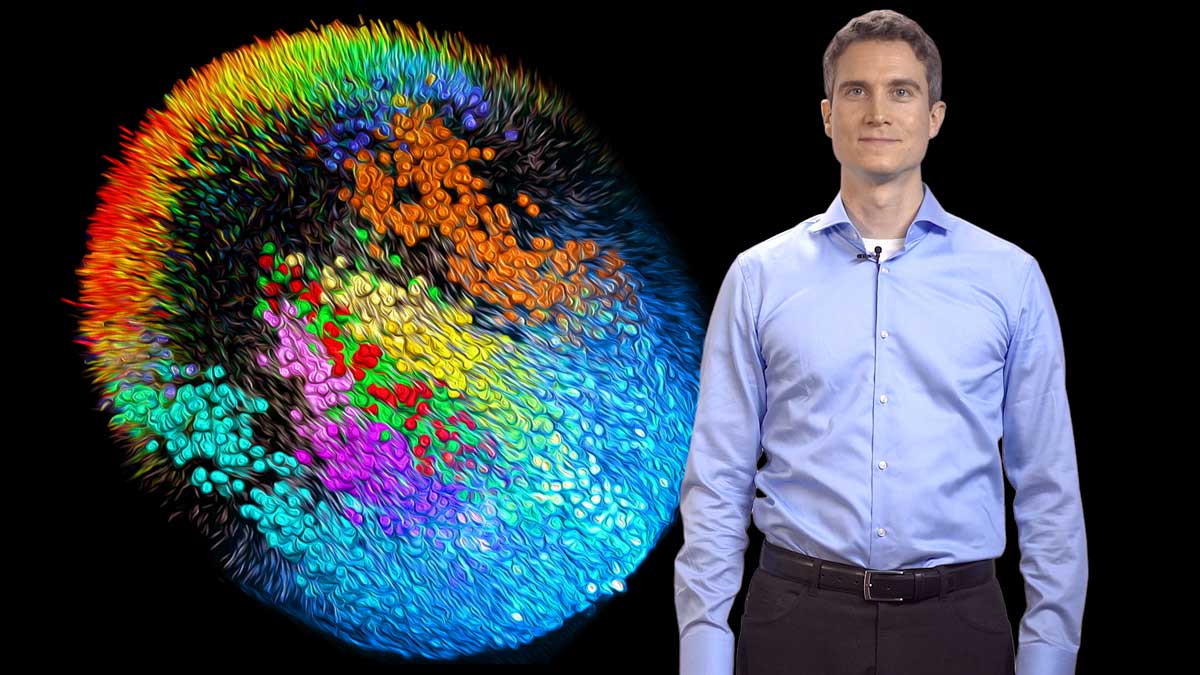
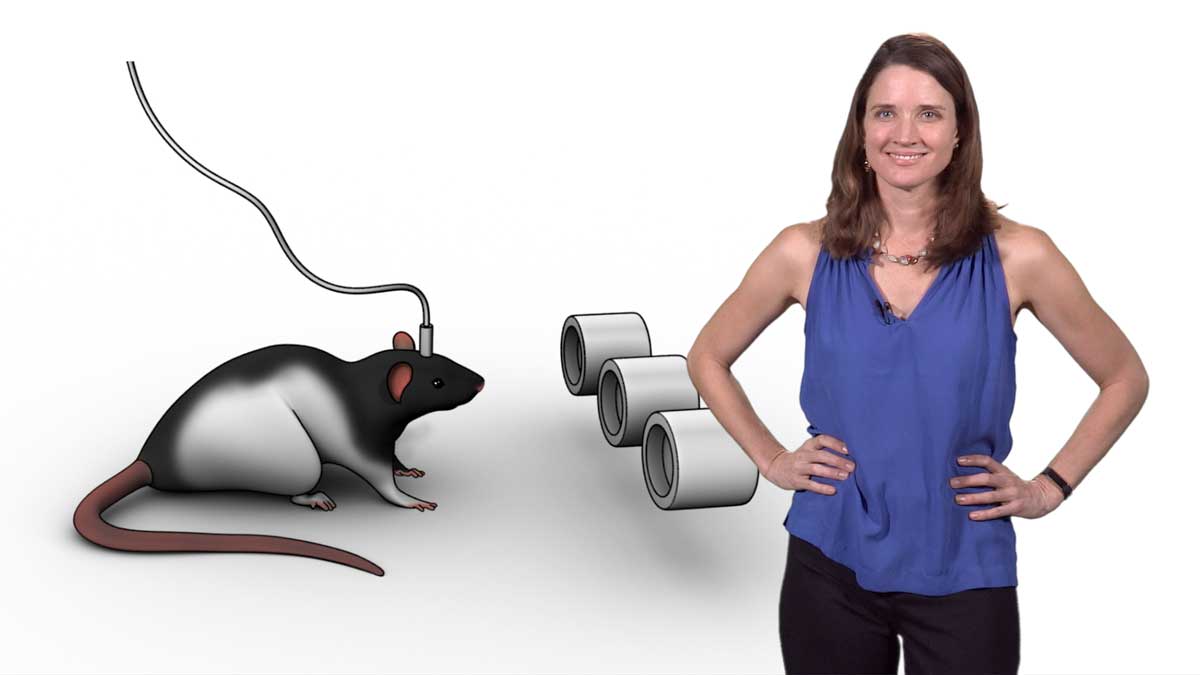
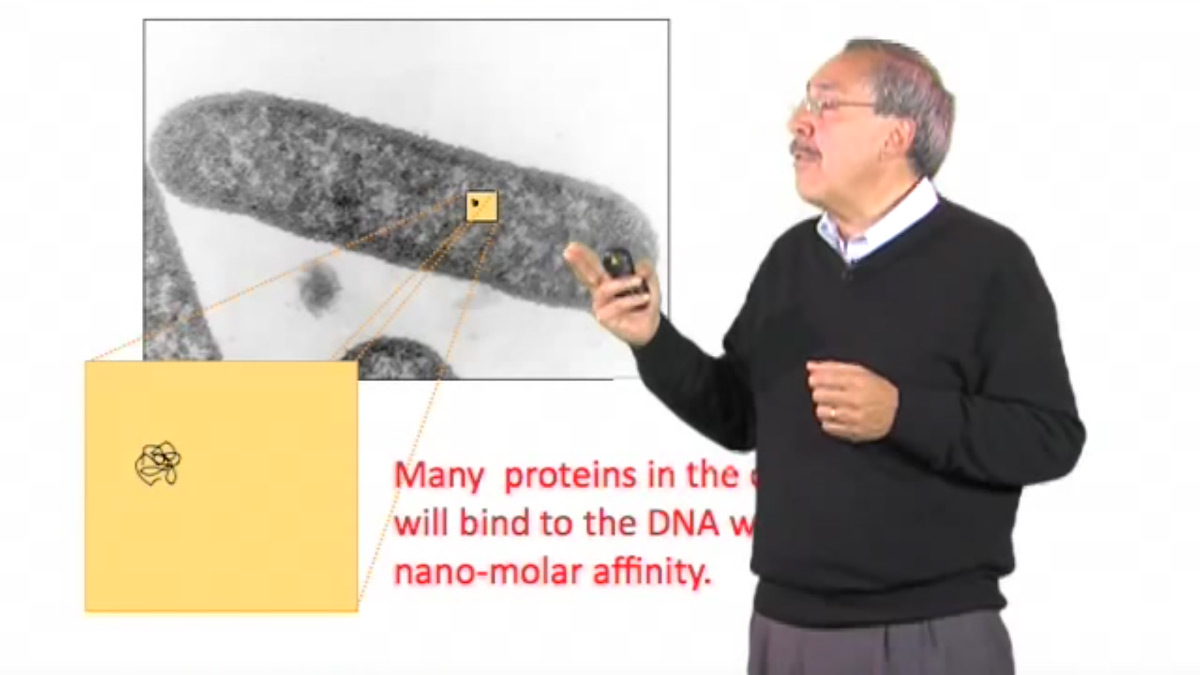
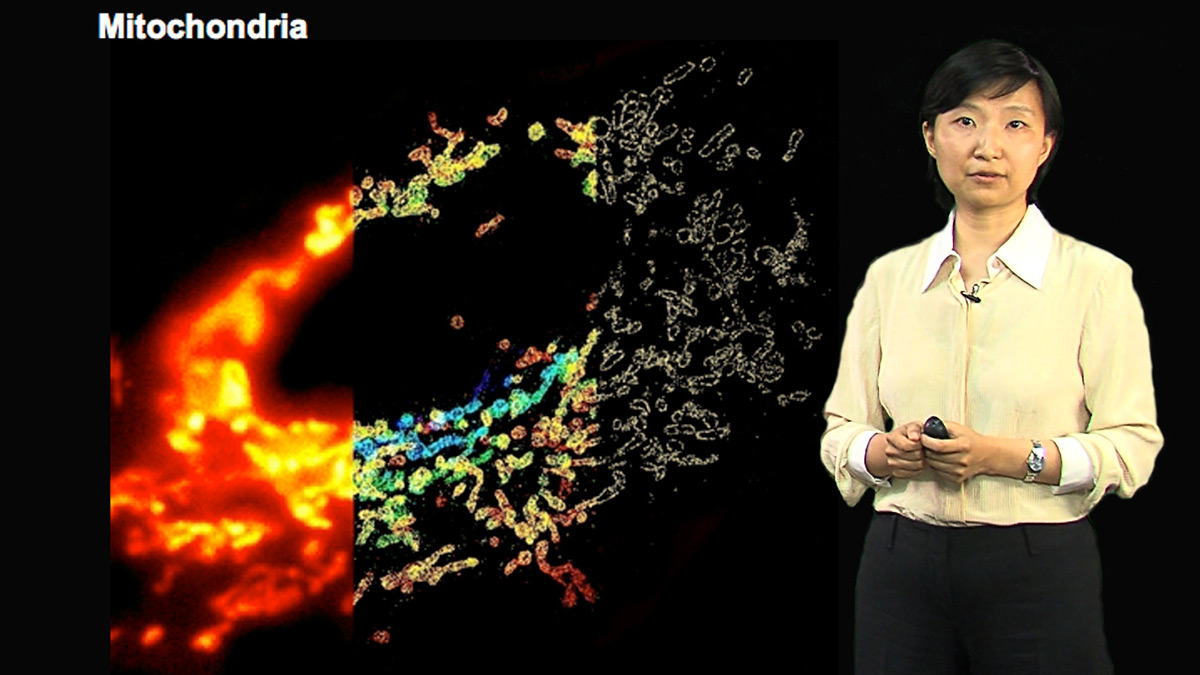
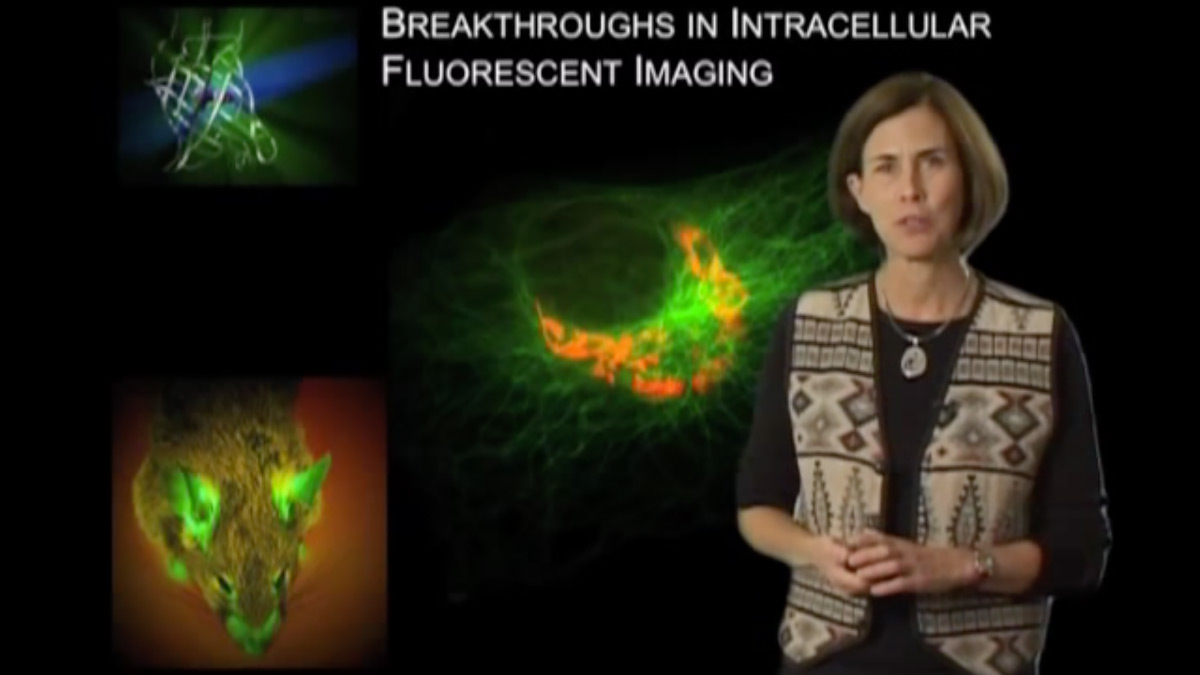
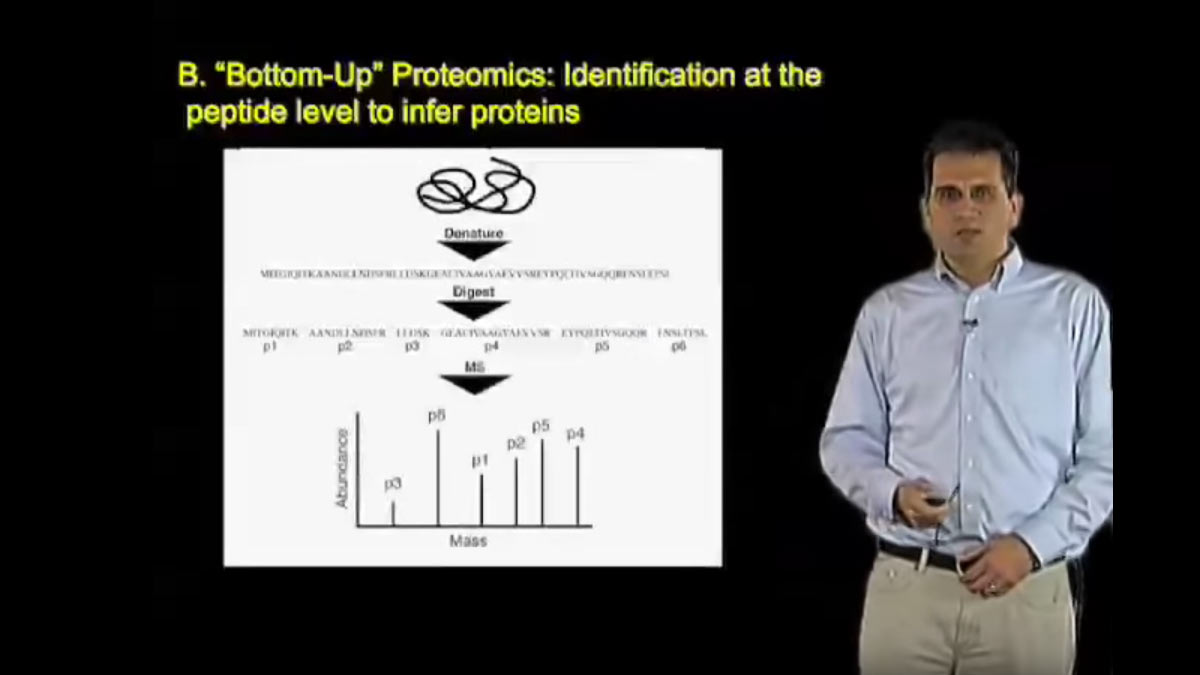





Ediri E Metitiri says
Thank you for this thorough introduction into mass cytometry! I come away now able to recognize concepts and participate in discussions where mass cytometry is being discussed on my campus.